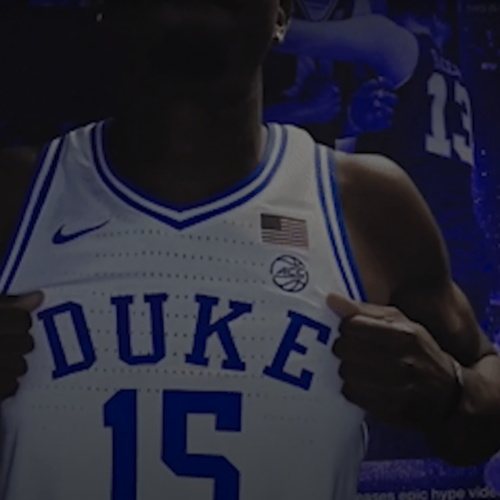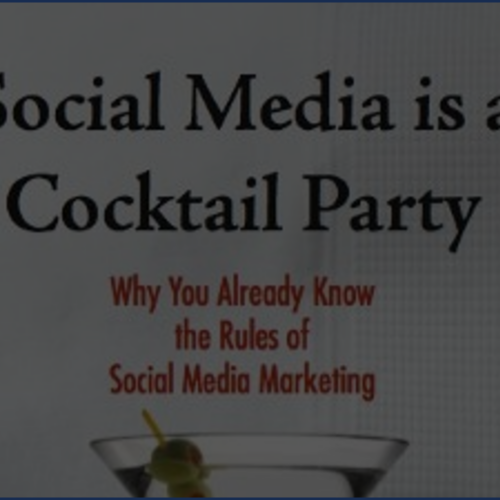
18 Mar 4 Major Solutions Facebook Should Focus on for Brand Pages
There are currently over 80 million businesses worldwide using Facebook Pages. It’s safe to assume that more than one person manages many of those Pages, especially when you look at larger brands that are dedicating significant budgets to social media efforts. Armed with that knowledge, one might also assume that managing a brand page on Facebook would be rather simple, especially with over 14 years of optimizations and improvements within the platform.
Unfortunately, it’s not always that simple, and there are several major pain points that Facebook should look into improving before they start rolling out their next “big feature.” While we understand the network will never be perfect, we’re breaking down four major issues our expert staff believes Facebook should be looking to resolve – items that will make any social media manager’s job just a little easier.
Major Issues with Facebook’s Brand Pages
1. Accessing Business Accounts
Both Facebook and Instagram give brand managers the run around when it comes to page access. Starting with Facebook, managers are forced to use their personal accounts to connect with a Business Account. While one could simply create a dummy account to use for professional management, Facebook will eventually flag the fake account and deactivate it. There should be another way for managers to connect with business accounts that allows them to separate their personal and professional assets. It’s very easy to accidentally like or share a post from the wrong account.
Additionally, Facebook recently rolled out new requirements for managers of select high-profile Pages to submit photo IDs for authorization. This is a pretty bold move considering the privacy concerns that users already have with Facebook. The company claims your information is secure and deleted from the system within 30 days, however, our teams still feel that this is an unnecessary step and crosses a line with personal information.
Looking at Instagram, page access is a lot easier – too easy, in fact. All a user needs is the username and password and BAM, you’re in. If you turn on two-factor authentication to help secure the account, then you run into the issue of being flagged for “suspicious activity” if you have a team of people that access the account frequently from various IP addresses. This causes everyone to get locked out and then takes too much time to get back in. This has been a pain point for a lot of major brands, especially in the last year with so many team members working from home. Something as simple as a creator studio-like feature that allows you to do everything you can do in the native app would be extremely beneficial to these teams.
What’s also troubling about Instagram is the desktop functionality is clunky, leaving many managers to resort to using the mobile application for professional use. The catch – again, there’s no separation between personal and professional. Many people are using their personal devices to manage Instagram accounts which opens the door for many potential errors (such as posting to the wrong account).
2. Providing Account Support
Facebook’s currently structured to provide different levels of support for businesses depending on their status. At Ignite Social Media, we’re fortunate to have VIP status, however, VIP status still gives Facebook support up to 5 business days to send us an initial response.
Now, we get it, 80 million accounts… that’s a lot of potential support tickets, but the support process is quite frankly outrageous. Even when our team is finally able to connect with a support advisor, we many times find that the advisor doesn’t understand our requests, isn’t as educated about Facebook as we are, and ultimately can’t help us find a solution. They also tend to send over links to public articles that we’ve already been through and deemed unhelpful, thus why we submitted a support ticket. Helping brand managers navigate the issues of your network should absolutely be a priority of Facebook’s before they look at rolling out any other tools that could cause issues.
3. Content Moderation
Banning Users
Banning users on Facebook occurs more often than one would assume. The amount of spam accounts that clutter the comments on brand Pages is massive, and social media managers have to resort to banning multiple accounts regularly to keep Pages clean. That said, the process is tedious, and when you’re banning multiple accounts at once, that time adds up fast. The alternative to banning an account is to block them, but that only blocks the user from your personal account, not the brand Page (again, another issue with personal accounts being connected to business accounts), thus, making banning the user the only viable option. Even still, banning a user doesn’t always work. Our team frequently sees banned accounts showing back up on Pages, and when we escalate the issue to the support team, they send along the instructions on how to ban a user… you see how a lot of the problems are connected?
Hiding Comments on Instagram
One feature Facebook graciously nailed down is the ability to hide a comment, essentially making it so that the user who posted the comment can still see it, but it’s not publicly visible to anyone else. Instagram, however, doesn’t have this same feature yet, giving managers the option to either leave the comment public or delete it. While deleting the comment may sound like an ideal alternative, it causes many problems of its own. When a user realizes their comment has been deleted, they get louder. Extending this simple functionality over to Instagram could be a game-changer for IG managers.
4. Implementing New Features
New tools aren’t always as helpful to a brand manager as you’d think, especially when existing functionalities are taken away before the solution is rolled out to the masses. Instead of looking at creating something new, our team feels Facebook should instead be focusing efforts on fixing the glitches across the system or evaluating the other key pain points we addressed throughout this post. The race for every major network to be “the first” at something has become exhausting for managers who are just trying to keep up and get their content published, which sometimes means having to use elaborate hacks and tricks to get it done properly because the interfaces don’t function well.
Will Facebook Look for Solutions?
Over the past 17 years, Facebook has gone through some major changes (some good, some bad) and we know there are plenty more to come as the world of social media marketing continues to evolve. With that, we can only hope that some of the pain points above will one day be addressed by the network. For now, I think a lot of their focus is on their current feud with Apple and determining a solution for growing privacy concerns, which we can’t blame them for worrying about.
Keep up-to-date on whatever Facebook decides to throw our way next by subscribing to our e-newsletter, Social You Should Know, below.








